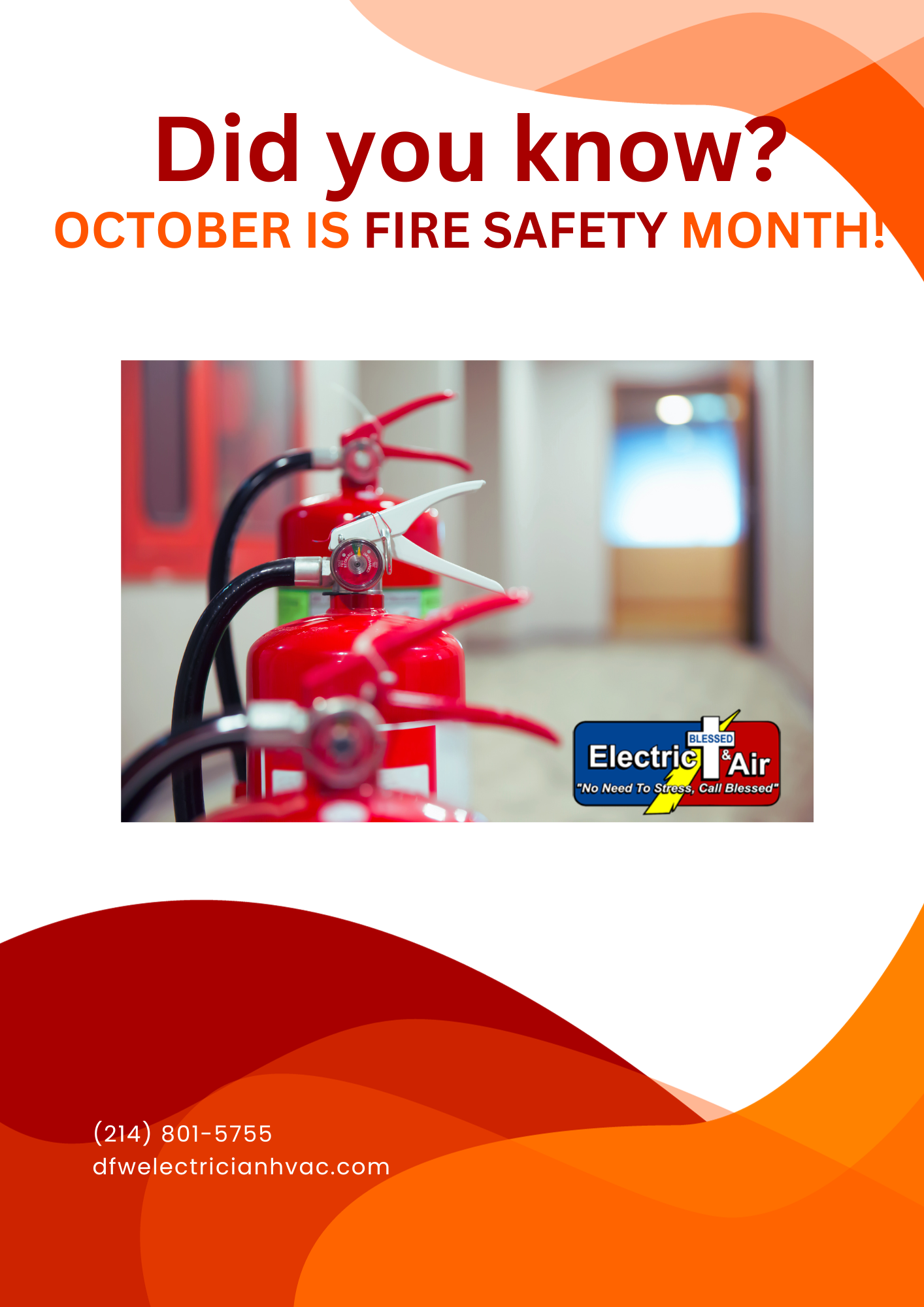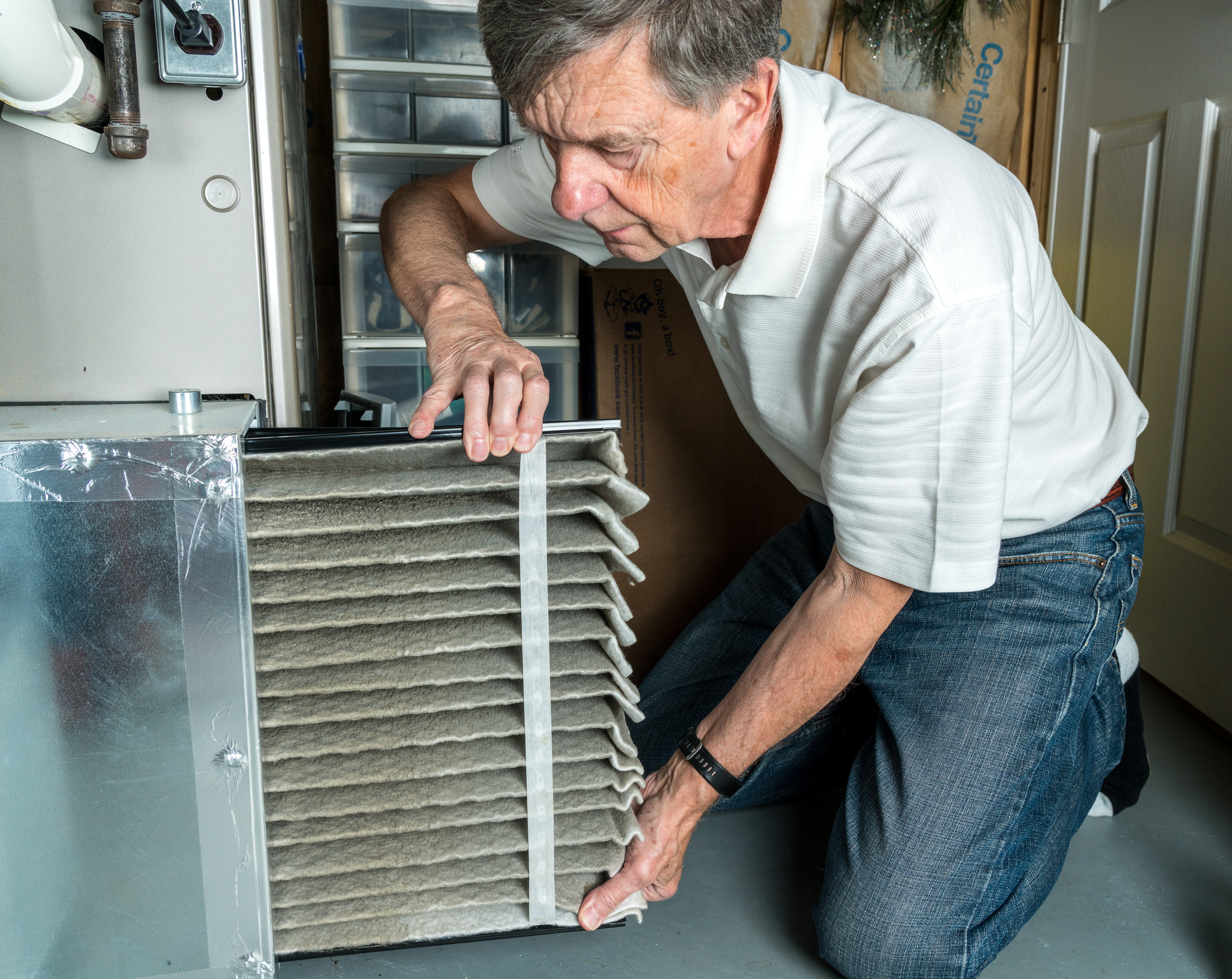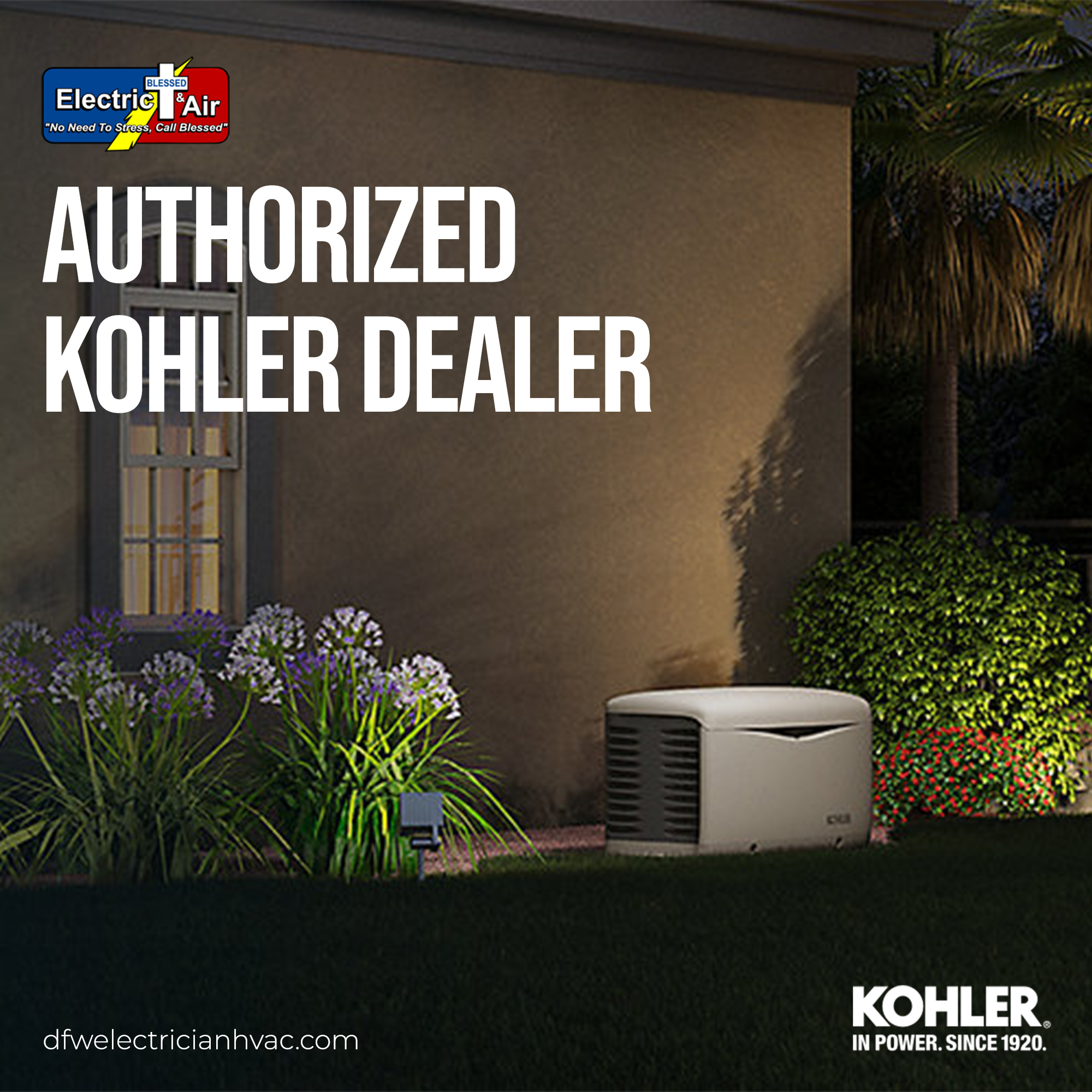Fire Safety is something you need, whether you are at work, at home, or out and about it should always be on your mind. The month of October is Fire Safety Month, so let’s take a moment to review some tips for keeping yourself, and those around you, safe.
First, let’s review what you need to know about fire safety in your home:
1. Ensure that smoke alarms are installed
- Even while you are sleeping, you can escape a fire in your home with the help of a smoke alarm.
- Every level of your home, as well as the areas outside and inside each sleeping area, should be equipped with alarms.
- Make sure your doors are closed while you sleep.
- Ensure that each alarm is tested every month and that batteries are replaced every year, or any time an alarm chirps to indicate a low battery.
- It is also recommended that newer units with 10-year batteries be tested monthly.
- Smoke alarm batteries should never be “borrowed” – a disabled alarm cannot save your life. If your alarm is more than ten years old, it should be replaced.
2. Make a fire escape plan
- It is imperative that you leave your home immediately if a fire starts.
- Get together with your family and come up with an escape plan.
- Every room should have at least two unobstructed exits, such as doors and windows. You should not include elevators in your escape plan if you live in an apartment building.
- Once everyone has escaped, choose a meeting place outside.
- Your entire household should practice your escape plan twice a year.
3. Always cook with care
- Do not leave food unattended while it is cooking.
- When you cook, wear short sleeves, and keep cooking areas clear of combustibles.
- You can prevent children from grabbing pot handles on the stove by turning pot handles inward.
- If grease catches fire in a pan, cover it with a lid and turn off the heat. Make sure the pan is completely cooled before removing the lid.
4. Ensure that space heaters have enough space
- Space heaters and portable heaters should be kept at least three feet away from anything that can catch fire.
- Don’t leave heaters on while you are away from home or when you are sleeping to protect children and pets.
- Don’t use extension cords and plug directly into an outlet.
5. Portable Air Conditioner Safety
- It is possible for portable air conditioner units to cause fires if they are plugged into an extension cord or surge protector. The power rating of these units is not high enough to safely operate a portable device.
- Even a new, properly maintained cord can overheat and catch fire as a result of this condition.
- Plug into a wall outlet directly.
- Don’t run the cord through a wall or under a rug. As a result, the electrical cord may overheat and become in contact with flammable materials.
6. It is important to remember that matches and lighters are tools, not toys
- Matches and lighters can be deadly when in the hands of a child.
- It is advisable to purchase child-resistant lighters and to store all matches and lighters at a height where children cannot see or reach them, preferably in a locked cabinet.
- It is important to instill in your children the understanding that matches and lighters are tools, not toys, and should only be used by adults or under the supervision of adults.
- Young children should inform an adult if they find matches or lighters; older children should bring matches and lighters to an adult immediately.
7. Stop, Drop, and Roll
- Don’t run if your clothes catch fire.
- Smother the flames by dropping to the ground, covering your face with your hands, and rolling over.
8. Use Electricity Safely
- Electric appliances that smoke or have an unusual smell should be unplugged immediately and serviced.
- If you notice that any of your electrical cords are cracked or frayed, it is important to replace them as soon as possible to avoid any potential hazards.
- It is not a good idea to overload extension cords or run them under rugs. Use the right size fuses in your fuse box and don’t tamper with it.
9. Crawl under the smoke
- A fire produces smoke and poisonous gases, which rise as the heat rises.
- Air near the ground is cleaner.
- Crawl 12 to 24 inches above the ground on your hands and knees if you must escape through smoke.
Now that we have gone over home fire safety lets move on to some things you should keep in mind while in public areas.
- Keep an eye out for exits wherever you go -Always locate exits when entering a building as there should be at least two ways to exit. floor or building. You may need to exit through a different door than the one you entered, so make sure you know where the nearest exit is.
- Combustibles should not be hung from walls or ceilings – Limit combustibles on walls and ceilings to standard coverings. should be used. Foam used as decoration in restaurants and nightclubs should be avoided as it burns quickly and produces toxic smoke.
- If a room feels too crowded, it probably is.
- Exit paths should be free and clear of obstructions and easily accessible.
- Ensure that exits and stairwells are free of combustibles during construction. Generally, stairs should be surrounded by sturdy walls that separate them from the rest of the building. In general, open stairwells should not be labeled as exits; if they are, find an alternate route.
As soon as a fire alarm or emergency notification is activated, act immediately. Don’t wait to see what others are doing or assume there’s no incident; you may have only minutes to get out.




